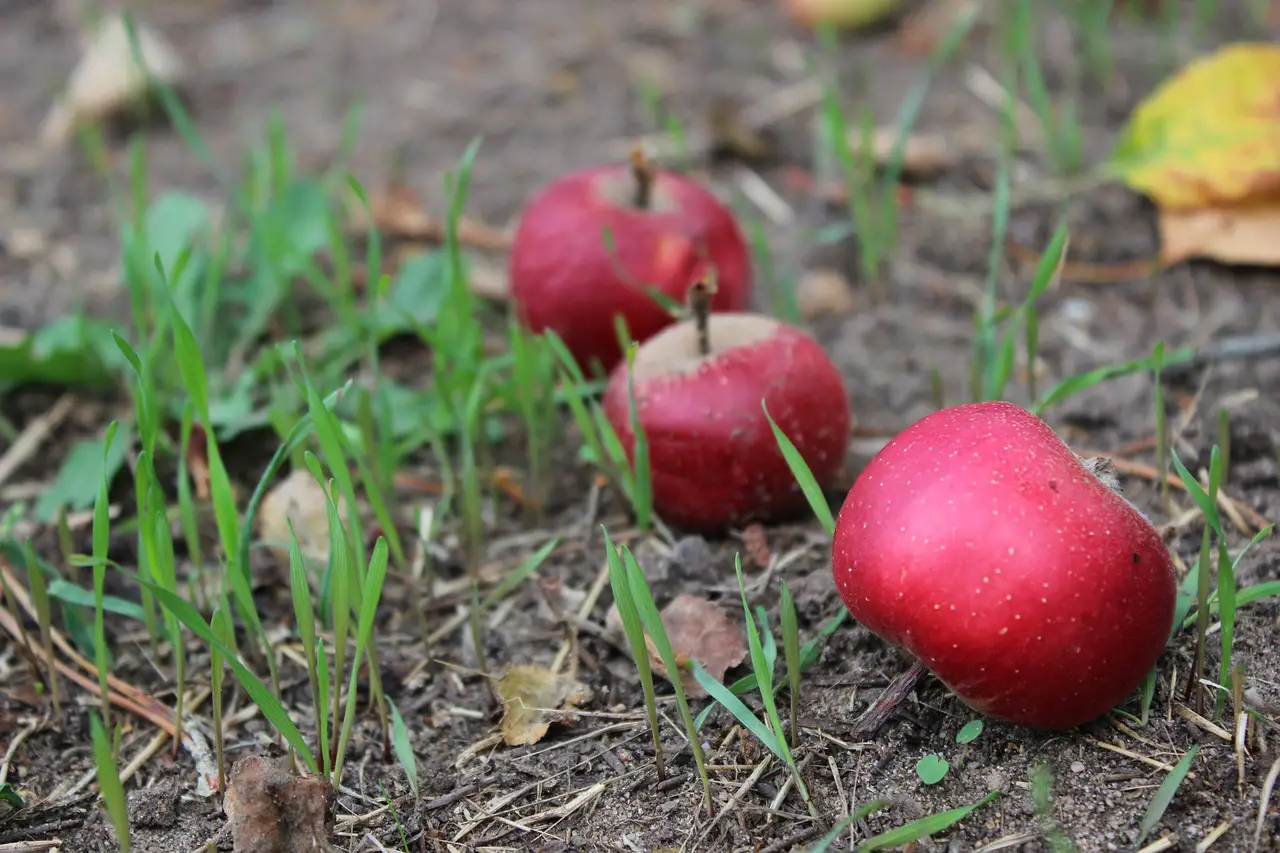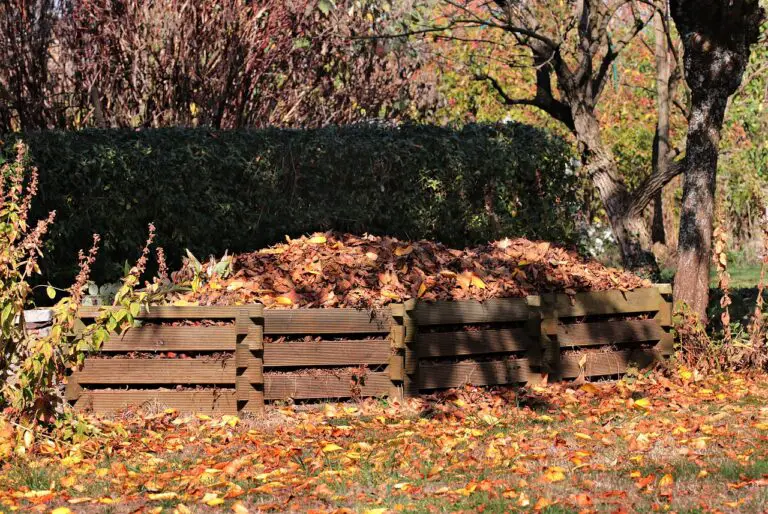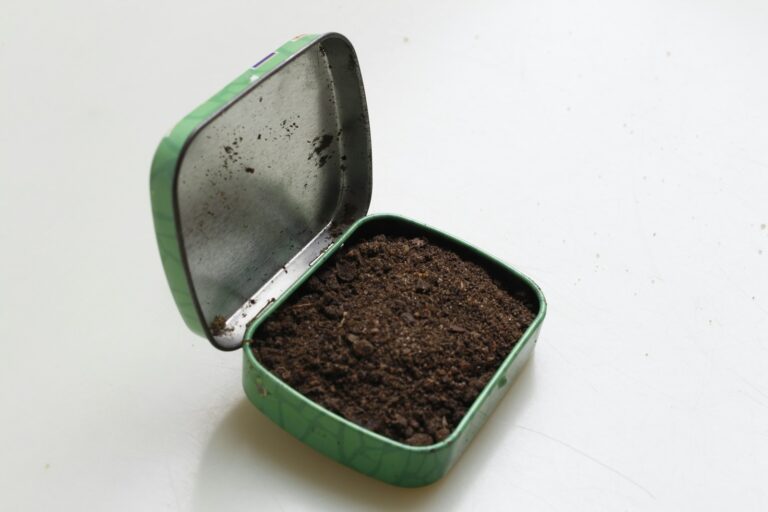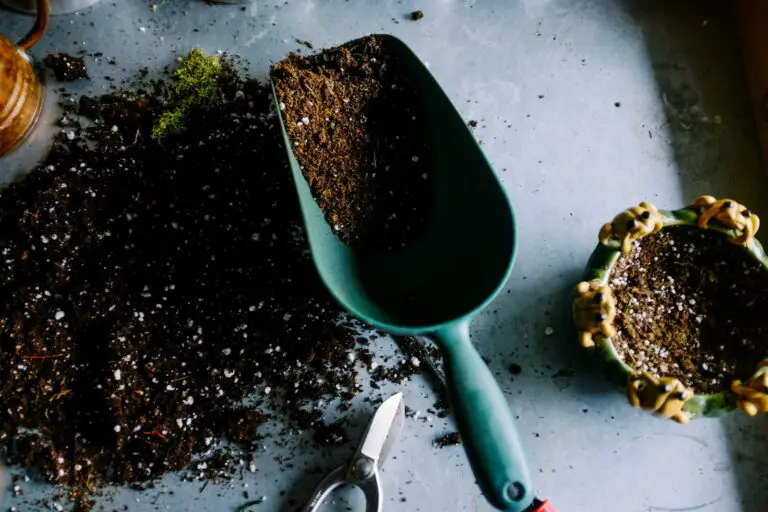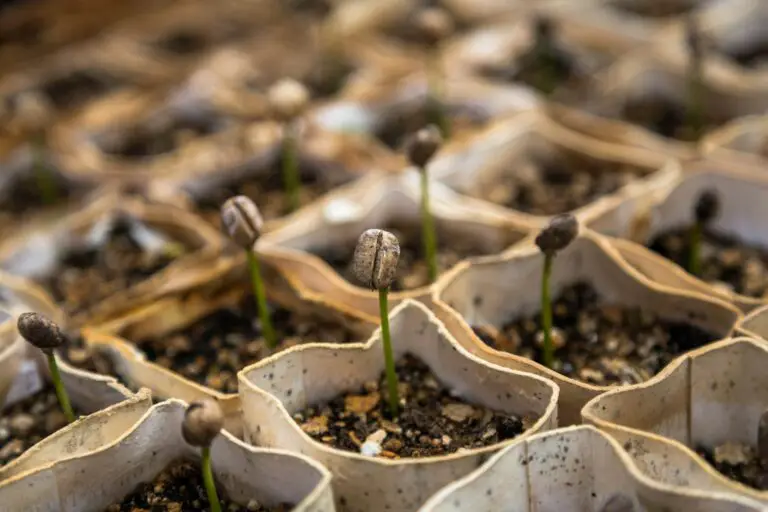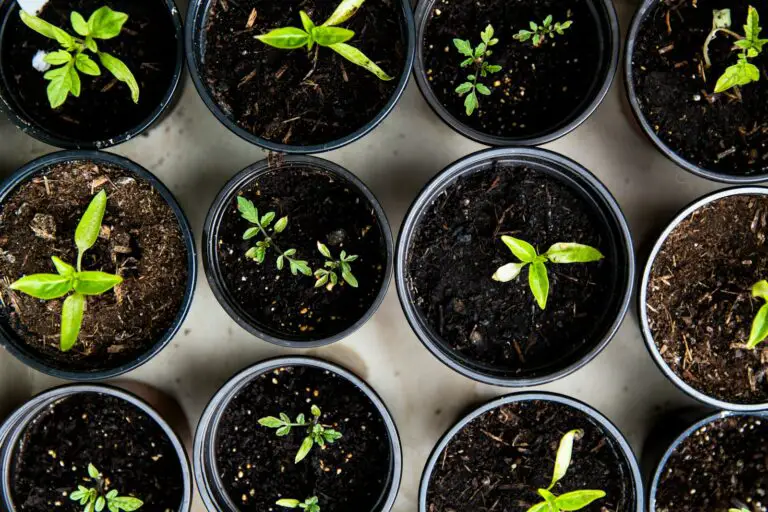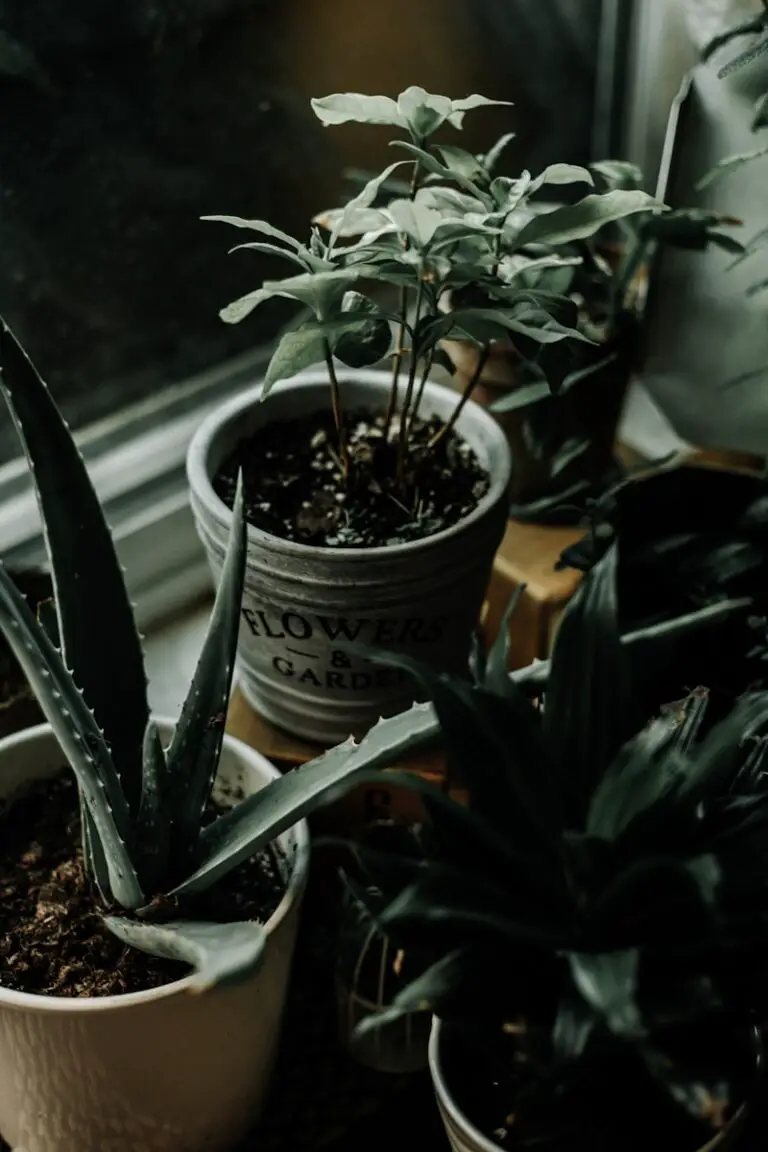Key Ingredients for a Successful Backyard Compost Pile
Composting is like conducting an orchestra; it requires a harmonious blend of ingredients, each playing a vital role in the ultimate symphony of producing nutrient-rich soil. For gardening enthusiasts and eco-conscious homeowners, the backyard compost pile is the heart of sustainable living, a place where food scraps, yard waste, and natural byproducts converge to form ‘black gold’ that can transform your garden. Delving into the art and science of composting, this comprehensive guide unveils the essentials that are key to a thriving compost ecosystem.
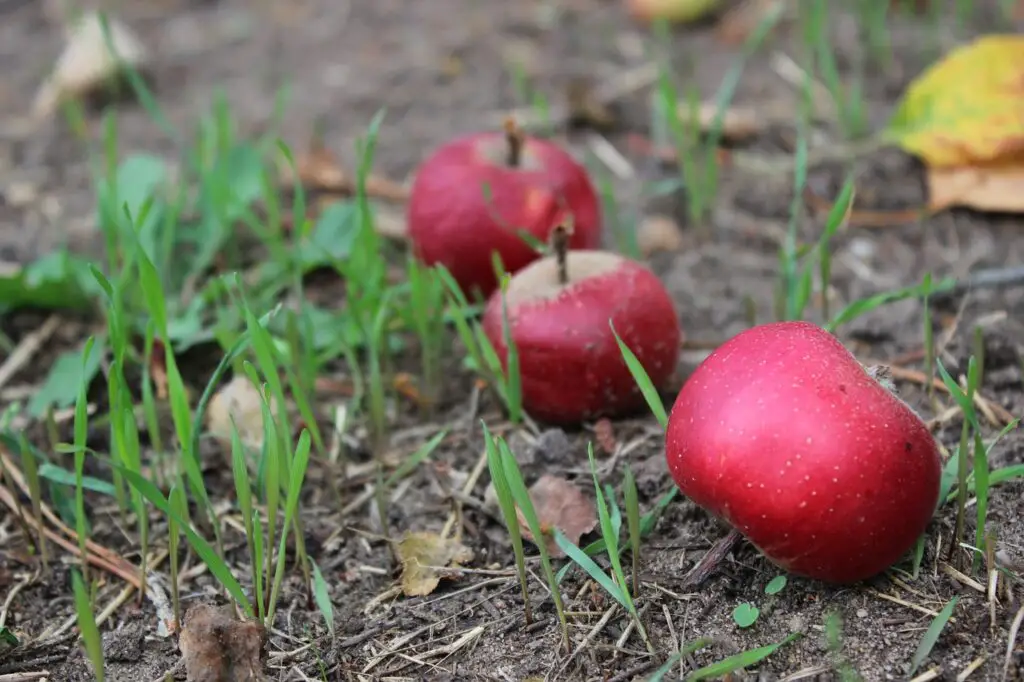
The Earthy Introduction to Composting
Imagine a process where your organic waste, which would otherwise end up in a landfill, is repurposed into a natural fertilizer that enriches your garden’s soil. This is the magic of composting; a synergy between nature’s decomposition processes and human effort. By understanding the basics, you can transform your own backyard into a haven for productive microorganisms that break down materials into humus—a nutrient-rich substance that soil requires to sustain plant life.
The Organic Chef’s Toolkit
The base of your compost pile should resemble a well-balanced meal for the myriad of microorganisms that will call it home. Just as a skilled chef blends different flavors, composting requires a balanced ratio of ‘greens,’ nitrogen-rich materials like vegetable waste and grass clippings, and ‘browns,’ carbon-rich materials like leaves and straw. This balance feeds the microorganisms, enabling them to break down the waste more efficiently.
Compost Aeration — A Breath of Fresh Air
A robust compost pile needs oxygen to fuel the decomposition process. Turning the pile regularly with a pitchfork or shovel is crucial to preventing stagnation and ensuring that each part of the pile receives the air it needs. This simple step can drastically speed up the composting process and help control odor, fostering an aerobic environment that’s rich in oxygen.
The Goldilocks Principle of Moisture
It’s not just the nutrients and air that create a vibrant compost environment; the pile must also have the right level of moisture. A compost pile that’s too dry will be slow to decompose, while one that’s too wet will struggle to maintain aerobic conditions, potentially leading to a stinky, anaerobic heap. The ideal moisture content is like a wrung-out sponge—moist, but not soggy.
Temperature — The Engine of the Compost Machine
Composting is a warming process. As microorganisms break down organic materials, they generate heat. In an active compost pile, temperatures can rise significantly, which is beneficial for killing off weed seeds and pathogens. Regular turning of the pile will distribute this heat more evenly, ensuring all parts of the compost are exposed to their fair share of warmth.
The Lush Benefits of Composting
Composting isn’t solely about waste reduction; it’s about giving back to the planet and reaping a wealth of benefits in return. From living in the luxury of revitalized soil to contributing to the global effort of reducing greenhouse gases, the rewards of composting are as diverse as the materials in your pile.
Soil Enrichment and Nutrient Distribution
The primary objective of composting is to enrich the soil, and compost does this by enhancing the soil structure, improving moisture retention, and promoting aeration. The nutrients in compost act as a slow-release fertilizer, which supports healthier and more resilient plants, fostering biological activity in the soil.
Waste Reduction in Your Kitchen and Garden
By composting, you are effectively diverting waste from landfills—a significant environmental benefit. Kitchen scraps and yard waste account for a substantial portion of what we throw away. Composting these materials means less trash is taken to landfills, reducing methane emissions and lessening the burden on our waste management systems.
Cultivating a Sustainable Lifestyle
Composting acts as a microcosm of sustainability within the home. It’s a small, tangible action that can have a big impact. Whether it’s contributing to a thriving garden or instilling a sense of ecological responsibility in your household, composting is a powerful tool in the quest for a greener, more sustainable lifestyle.
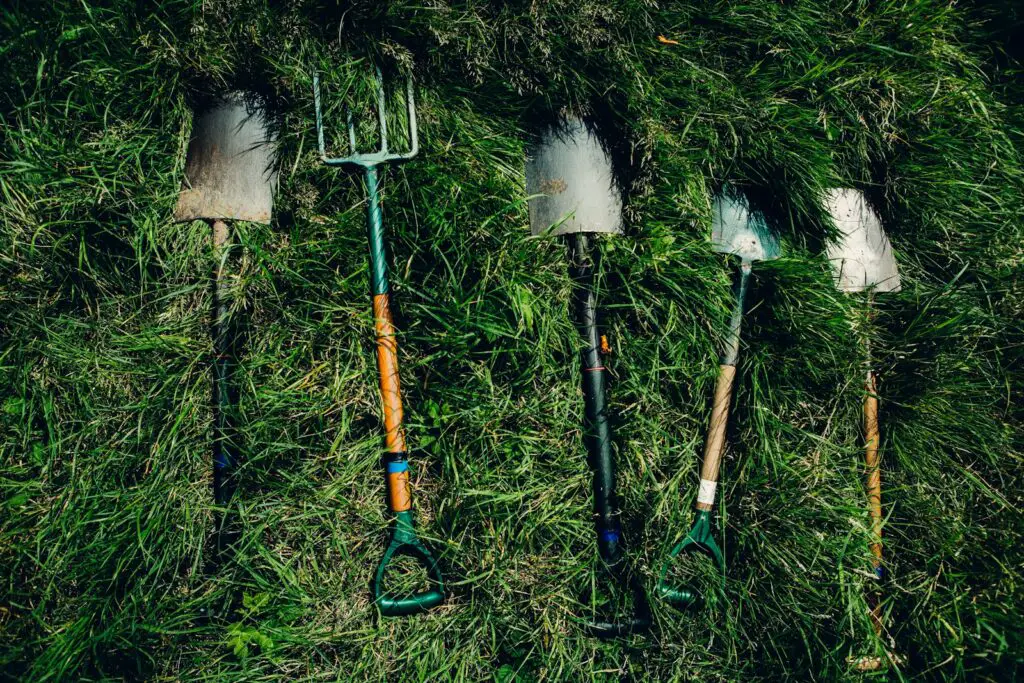
Tending to Your Compost Pile
Consistency is key to successful composting. Much like tending to a garden, the compost pile requires regular attention to ensure it is healthy and productive. Here’s how to check the vitals of your compost and troubleshoot any issues that may arise.
The Art of Turning for Even Cooking
A compost pile that’s turned regularly will decompose faster than one left to its own devices. Turning the pile serves to mix the materials, distributing moisture and oxygen, and ensuring that everything is decomposing as it should. This chore is also an opportunity to monitor your pile’s progress—its moisture content, and temperature.
A Watchful Eye on Moisture
An over or under moist pile can lead to issues. If your compost is too dry, add water as you turn; if it’s too wet, mix in dry materials like leaves or sawdust. Composting is often a game of balance, and maintaining the ideal moisture level is crucial for fostering a healthy compost ecosystem.
Troubleshooting Common Composting Issues
Encountering challenges with your compost pile is normal, but it’s how you address them that counts. Whether you’re dealing with a smelly pile, a slow decomposition rate, or unwanted visitors like raccoons or rodents, there are strategies to overcome these common issues without giving up on the process.
Culminating the Compost Journey
Embarking on the composting adventure might seem like a small step in the grand scheme of environmental stewardship, but it’s a mighty one. The practice of composting embodies the very essence of the “reduce, reuse, recycle” ethos, providing a direct connection between your daily habits and the health of the planet.
In conclusion, cultivating a successful compost pile is within reach for anyone willing to roll up their sleeves and get a little dirty. Whether you’re an avid gardener seeking to supercharge your soil or an eco-warrior looking to close the loop on waste management, composting offers a rewarding path toward sustainable living. The ingredients for success are simple—organic waste, air, water, and attention. Combine these elements in your backyard, and you’ll witness not only the transformation of trash into treasure, but also the growth of a personal commitment to the Earth’s well-being.

